A new study found that some medications could have the unintended benefit of reducing dementia risk, while others could increase the risk. A doctor comments on the findings.


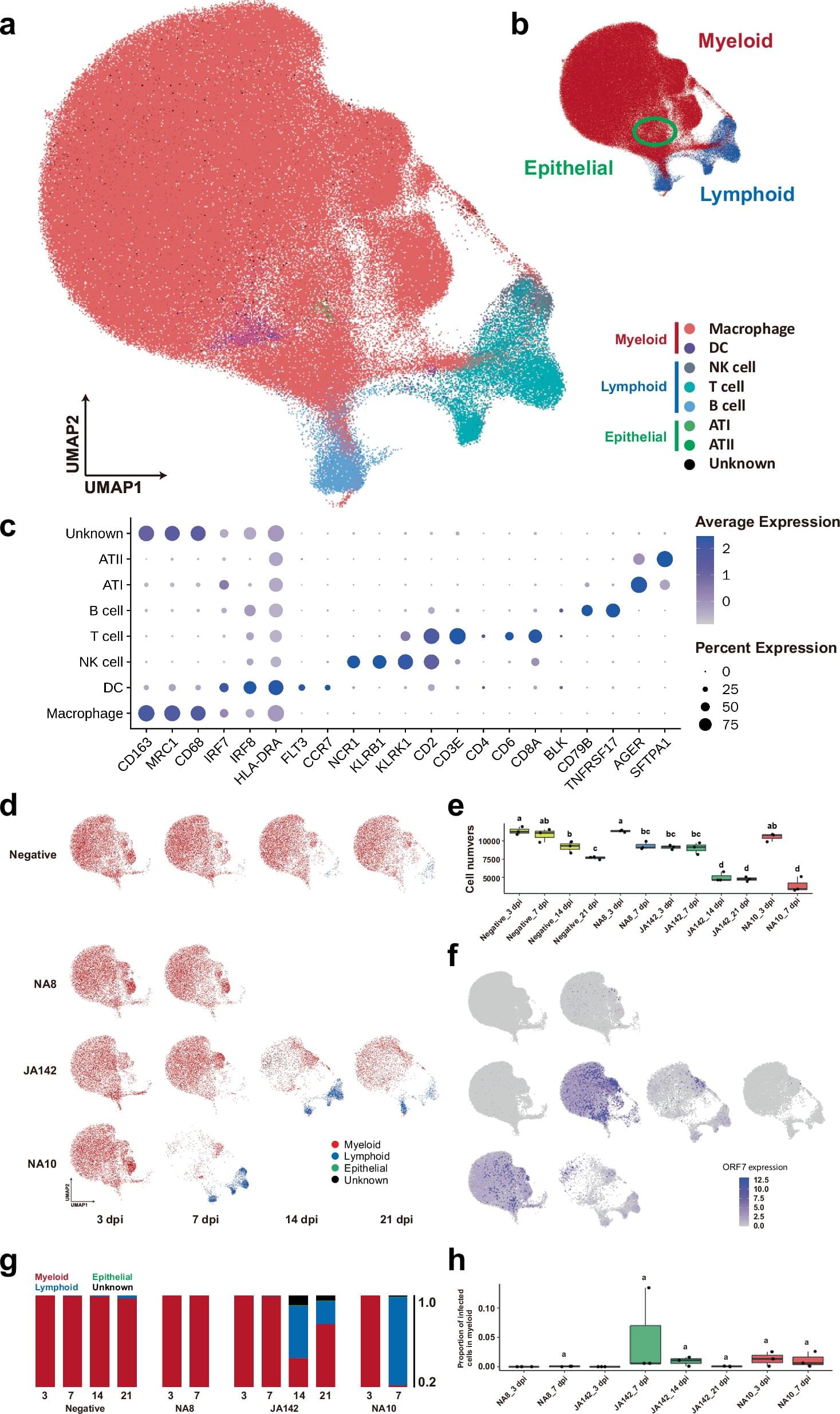
Porcine reproductive and respiratory syndrome virus (PRRSV) infection in pigs is economically devastating for the global swine industry. The viral infection leads to reproductive disorder in sows and respiratory problems in infected newborn and growing pigs.
Unfortunately, high genetic variability of the virus and differing disease-causing strength or virulence hinders vaccine development and complicates disease management. Not much is known about the factors contributing to viral disease severity or the anti-viral immune responses.
Dr. Jun-Mo Kim, Associate Professor at the Department of Animal Science and Technology, Chung-Ang University, Korea, has focused his research efforts on filling this gap in understanding.
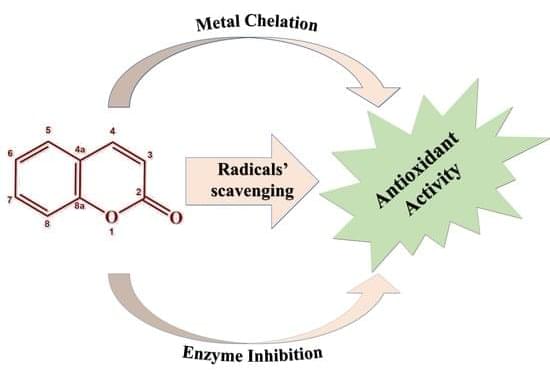
Ubiquitously present in plant life, coumarins, as a class of phenolic compounds, have multiple applications—in everyday life, in organic synthesis, in medicine and many others. Coumarins are well known for their broad spectrum of physiological effects. The specific structure of the coumarin scaffold involves a conjugated system with excellent charge and electron transport properties. The antioxidant activity of natural coumarins has been a subject of intense study for at least two decades. Significant research into the antioxidant behavior of natural/semi-synthetic coumarins and their complexes has been carried out and published in scientific literature.
Join us on Patreon! https://www.patreon.com/MichaelLustgartenPhD
Discount Links/Affiliates:
Blood testing (where I get the majority of my labs): https://www.ultalabtests.com/partners/michaellustgarten.
At-Home Metabolomics: https://www.iollo.com?ref=michael-lustgarten.
Use Code: CONQUERAGING At Checkout.
Clearly Filtered Water Filter: https://get.aspr.app/SHoPY
Epigenetic, Telomere Testing: https://trudiagnostic.com/?irclickid=U-s3Ii2r7xyIU-LSYLyQdQ6…M0&irgwc=1
Use Code: CONQUERAGING
NAD+ Quantification: https://www.jinfiniti.com/intracellular-nad-test/
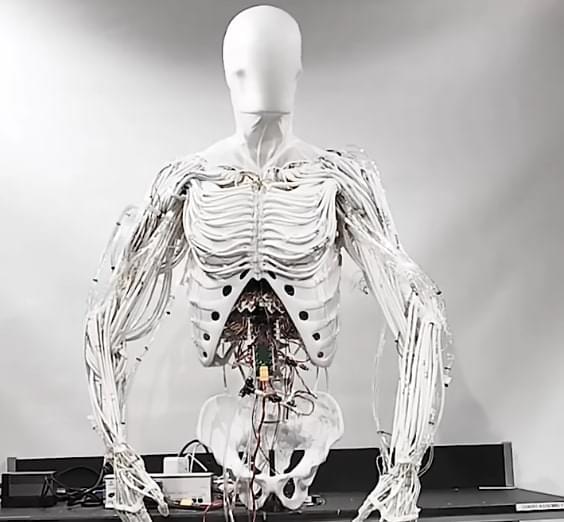
Clone Robotics made the Protoclone which is a faceless, anatomically accurate, synthetic human with over 200 degrees of freedom, over 1,000 Myofibers, and over 200 sensors.
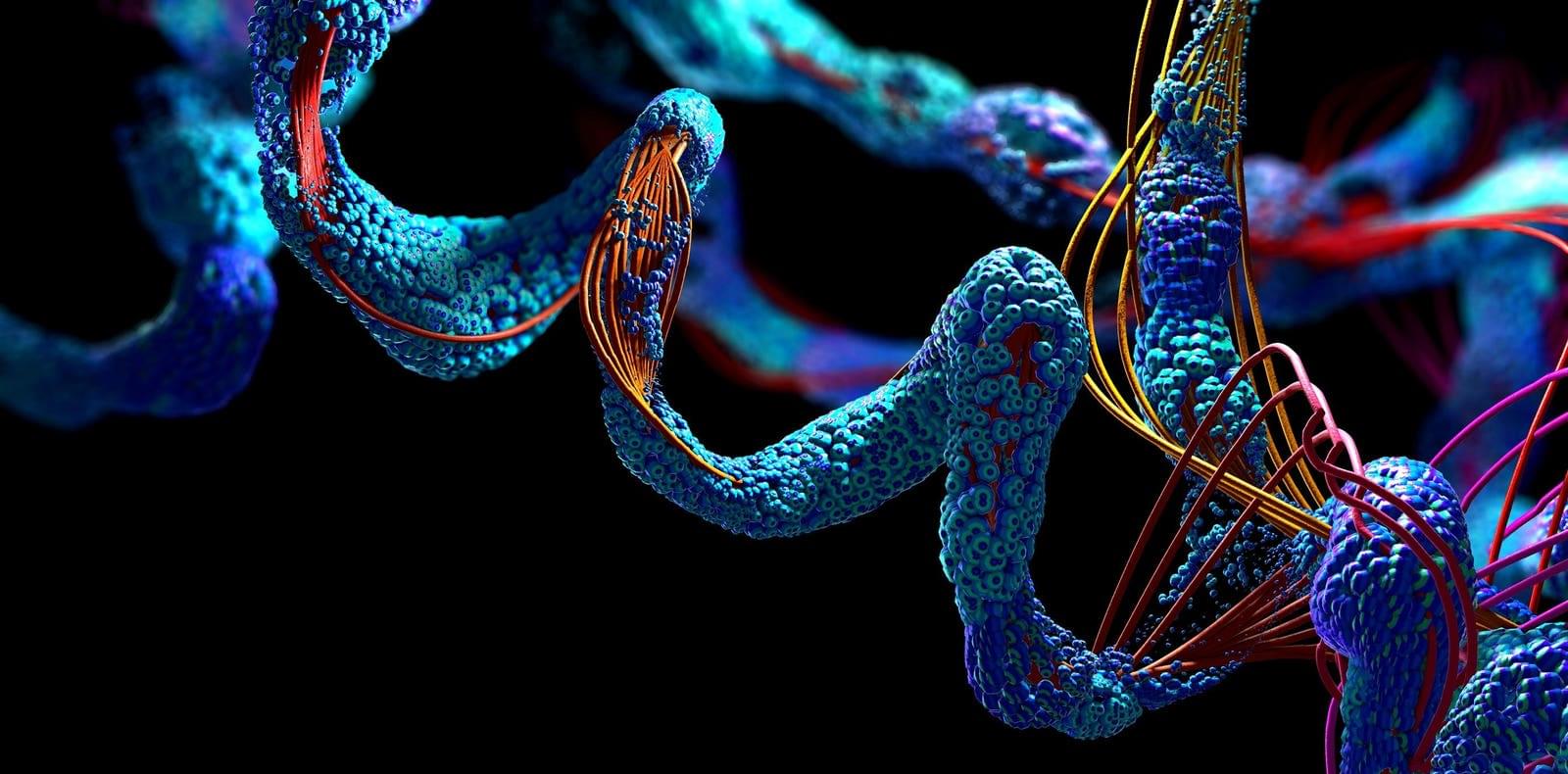
Furthermore, healthcare and life sciences are both booming sectors with regards to artificial intelligence applications. Many other companies are also working at the intersection of technology and biology, given the numerous challenges that are present in the fields of drug discovery and protein folding. For example, Deepmind and Isomorphic Labs have made immense progress with AlphaFold, another leading foundation model ecosystem to better understand protein folding. Meta created something similar with its ESM Metagenomic Atlas. Given the increasing rates of catastrophic disease and the rapidly evolving nature of pathogens, scientists in these sectors hope to use the best of the advancements in AI to help solve some of biology’s toughest challenges.
Indeed, the immense progress that has been made thus far has paved the way for monumental scientific inventions and developments to emerge in the years ahead. Undoubtedly, this work is just getting started.
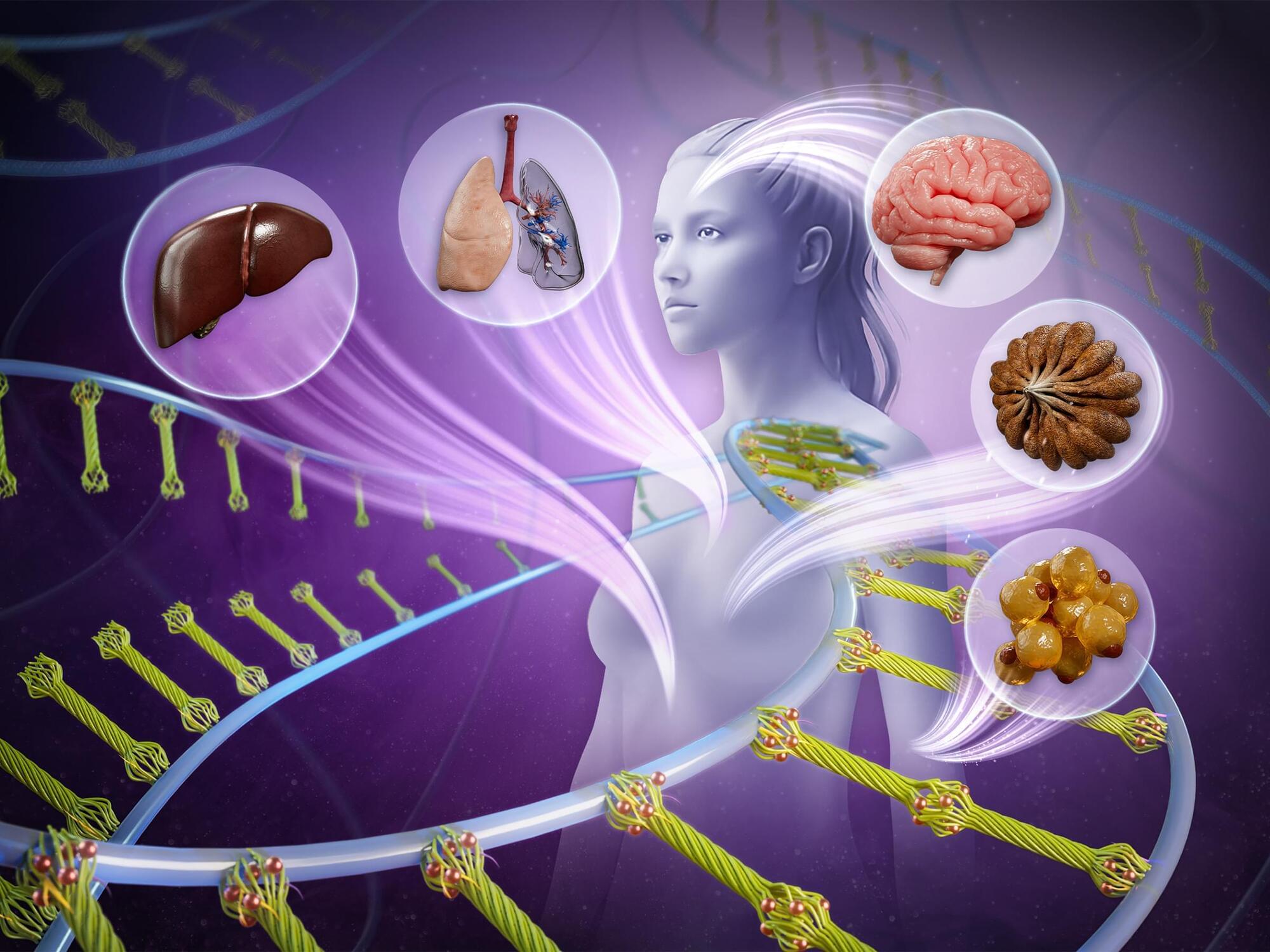
A biomaterial that can mimic certain behaviors within biological tissues could advance regenerative medicine, disease modeling, soft robotics and more, according to researche(rs at Penn State.
Materials created up to this point to mimic tissues and extracellular matrices (ECMs) — the body’s biological scaffolding of proteins and molecules that surrounds and supports tissues and cells — have all had limitations that hamper their practical applications, according to the team. To overcome some of those limitations, the researchers developed a bio-based, “living” material that encompasses self-healing properties and mimics the biological response of ECMs to mechanical stress.
They published their results in Materials Horizons, where the research was also featured on the cover of the journal.
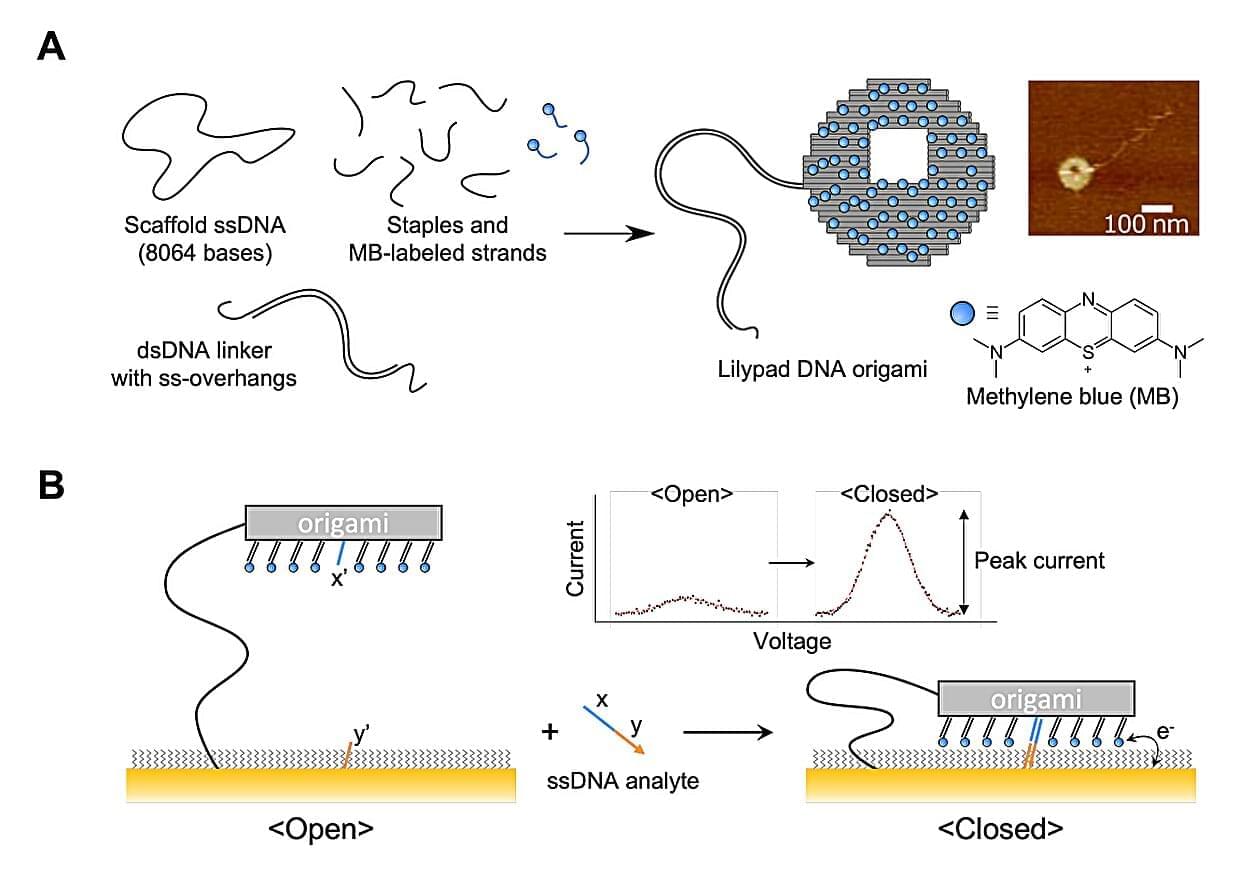
Using an approach called DNA origami, scientists at Caltech have developed a technique that could lead to cheaper, reusable biomarker sensors for quickly detecting proteins in bodily fluids, eliminating the need to send samples out to lab centers for testing.
“Our work provides a proof-of-concept showing a path to a single-step method that could be used to identify and measure nucleic acids and proteins,” says Paul Rothemund (BS ‘94), a visiting associate at Caltech in computing and mathematical sciences, and computation and neural systems.
A paper describing the work recently appeared in the journal Proceedings of the National Academy of Sciences. The lead authors of the paper are former Caltech postdoctoral scholar Byoung-jin Jeon and current graduate student Matteo M. Guareschi, who completed the work in Rothemund’s lab.

Quantum light sources are fickle. They can flicker like stars in the night sky and can fade out like a dying flashlight. However, newly published research from the University of Oklahoma proves that adding a covering to one of these light sources, called a colloidal quantum dot, can cause them to shine without faltering, opening the door to new, affordable quantum possibilities. The findings are available in Nature Communications.
Quantum dots, or QDs, are so small that if you scaled up a single quantum dot to the size of a baseball, a baseball would be the size of the moon. QDs are used in a variety of products, from computer monitors and LEDs to solar cells and biomedical engineering devices. They are also used in quantum computing and communication.
A research study led by OU Assistant Professor Yitong Dong demonstrates that adding a crystalized molecular layer to QDs made of perovskite neutralizes surface defects and stabilizes the surface lattices. Doing so prevents them from darkening or blinking.

Researchers from HSE University and the London School of Hygiene and Tropical Medicine have identified 15 core motives that drive human behavior. By examining individuals’ perspectives, preferences, and actions through an evolutionary framework, they revealed how these motives interact to shape personal habits and social relationships. Their findings are published in Personality and Individual Differences.
Psychologists have long sought to understand what drives human behavior, employing various theories to analyze underlying motivations. One of the most well-known models is Abraham Maslow’s hierarchy of needs, introduced in the mid-20th century. However, while many approaches emphasize the social aspects of motivation, they often overlook its evolutionary foundations.
A group of researchers at HSE University and the London School of Hygiene and Tropical Medicine proposed analyzing human behavior motives from an evolutionary perspective. In the proposed framework, all motives are viewed as evolutionary adaptations that enhanced early humans’ ability to survive in their environment and continue to influence behavior today. The scientists proceed from the premise that if certain evolutionary mechanisms once triggered specific behaviors, the underlying motives can be identified using standard psychometric techniques.